I have a glass of champagne in my hand, and I’m ready to close out 2013 in the right way: celebrating all the ladies.
While we still have leagues to go, 2013—especially in its twilight—has been a great year for women in pop culture: The Heat, a female buddy-cop comedy, was an enormous box office success; the Sandra Bullock-dominated Gravity is #75 in IMDb’s Top 250, has won 17 awards so far, and was recently nominated for four Golden Globes, including Best Picture; and November’s female-helmed films The Hunger Games: Catching Fire and Frozen shattered Thanksgiving box office records. (Oh, and let’s not forget Beyoncé.)
There’s a whole other class of women to celebrate, though: supporting ladies who not only reinforce their greater narratives, but also better them, all while maintaining their own narrative arcs. It’s a heavy burden to carry, but so many are able to accomplish it magnificently, and, at the same time, leave us as consumers begging for more backstory. It’s an incredible feat, and it’s for that reason I’ve chosen to celebrate the Best Supporting Ladies of 2013.
That said, it’s a task easier said than done, because there were so many incredible women this year that it’s next to impossible to limit it to just five. Because of that, this list is hardly comprehensive, and it’s presented in no particular order. The five—or four and then some—women I’ve chosen to celebrate here are first and foremost survivors: they’ve not only endured but also overcome hardships in their lives, whether oppression, abuse, or even themselves.
As a woman, I am deeply indebted to these characters. They have taught me that I am strong. They have taught me that I can overcome. They have taught me, more than anything, that yes, I am a woman, but that does not make me anything lesser. They have taught me that who I am is something to be proud of, and that I can do great things.
As we ring in the New Year, then, I raise my glass to these five supporting ladies, and all the rest of the supporting ladies that helped make 2013 a fantastic year.
Alysia Yeoh, Batgirl
First introduced in Batgirl #1, Alysia Yeoh is Barbara Gordon’s roommate. A woman of color—Alysia is of Singaporean descent—and self-identified as “kinda an activist,” there was never a question that Alysia is a great addition to the Batgirl canon. It was in April of this year, however, that we as readers became more fully aware of Alysia’s identity: in Batgirl #19, Alysia came out to Barbara as transgender, making her the first character in a mainstream comic to openly do so. Writer Gail Simone also took extra care to differentiate between gender and sexuality, noting that Alysia also identifies as bisexual. You know by now how crucial representation is not only to us here at Girls in Capes, but also to the global community, and as such it should be no surprise that we see Alysia as a paragon thereof. Not only is she blazing a trail for trans- and bisexual-identified people everywhere, but she’s also combatting trans and bisexual invisibility from the front lines, and I couldn’t be happier to have her as a champion.
Marie Laveau, American Horror Story: Coven
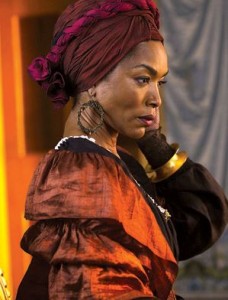 I’ll be honest with you: before it premiered, the more I learned about this season of AHS, the more I let myself get excited. Hearing about the cast, the setting, how actual research had been done, and the themes this season was going to tackle gave me huge expectations, and never once did I stop and remind myself that “hey, this is great, but it’s still a Ryan Murphy show at the end of the day.”
I’ll be honest with you: before it premiered, the more I learned about this season of AHS, the more I let myself get excited. Hearing about the cast, the setting, how actual research had been done, and the themes this season was going to tackle gave me huge expectations, and never once did I stop and remind myself that “hey, this is great, but it’s still a Ryan Murphy show at the end of the day.”
As the season has gone on, it’s something that’s become more and more apparent—Murphy is using (and admits to using!) mostly white, hetero- and cissexual women as his metaphor for oppressed minority groups, despite setting the season in New Orleans and having an incredible group of actresses of color at his disposal—and became most obvious after the end of last week’s episode.
Despite everything though, or perhaps in spite of it, one of the highlights of this season has been Angela Bassett’s Marie Laveau, based on a real-life voodoo queen, who, in the world of AHS, is either burdened or blessed with immortality, depending on how you choose to see it. A symbol of endurance, we first see Laveau situated in antebellum New Orleans, pitting herself against the racist, also rooted-in-reality, serial killer Delphine LaLaurie; later in the throes of the Civil Rights era, after the murder of a young boy; and finally, in the present. Masterfully played by Bassett, she holds her own against Jessica Lange’s Supreme, and is firmly devoted to protecting—and avenging—her own.
Johanna Reyes, Allegiant
There are a lot of outstanding supporting women in October’s Allegiant, the final book in the Divergent trilogy. It was hard choosing just one, but when it came down to it there was little question that my choice was going to be Johanna Reyes. We were introduced to Johanna in 2012’s Insurgent, but it was in Allegiant that she truly shone: not only does she leave the peace-loving Amity faction that has become her home to fight for the greater good with the Allegiant, but it’s also revealed that Johanna is a survivor of abuse. As the faction representative for Amity, Johanna held a leadership position in both Amity and Chicago as a whole, and it was a position she willingly chose to forgo—and power she actively chose to lose—in order to ally herself with the Allegiant, an insurgent group determined to escape Chicago and its new order. Actively putting the greater good before her own survival, let alone influence, Johanna made every effort she could to ensure the success of the Allegiant.
Johanna Mason, The Hunger Games: Catching Fire
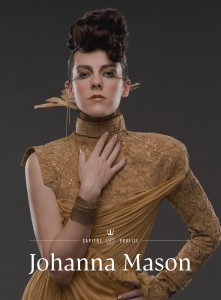 The second Johanna on my list, Johanna Mason is the District Seven victor we were first introduced to in Suzanne Collins’ Catching Fire, but whom we met in a whole new embodiment in November’s blockbuster The Hunger Games: Catching Fire, with regards, particularly, to her interview with Caesar on the eve of the Quarter Quell. In a scene designed by trilogy writer Suzanne Collins and film director Francis Lawrence, Johanna drops everyone’s favorite four-letter word not once, but twice – and is censored, highlighting not only Panem’s hypocrisy given their eagerness to air the uncensored murder of children, but also, on a much more meta level, our own.
The second Johanna on my list, Johanna Mason is the District Seven victor we were first introduced to in Suzanne Collins’ Catching Fire, but whom we met in a whole new embodiment in November’s blockbuster The Hunger Games: Catching Fire, with regards, particularly, to her interview with Caesar on the eve of the Quarter Quell. In a scene designed by trilogy writer Suzanne Collins and film director Francis Lawrence, Johanna drops everyone’s favorite four-letter word not once, but twice – and is censored, highlighting not only Panem’s hypocrisy given their eagerness to air the uncensored murder of children, but also, on a much more meta level, our own.
As awesome as they are though, Johanna is much more than tactically dropped F-bombs: she’s arguably the strongest woman on this list. When Johanna is sitting on the beach with Katniss watching Finnick, she offers a simple “love is weird.” It’s a sentiment partially in response to Finnick and Annie’s relationship, but also one that captures the duality of love in her own life. It’s confirmed by Finnick in Mockingjay that Johanna’s loved ones were killed when she refused to prostitute herself for the Capitol, divulging that Johanna has loved and lost in the truest sense, and it’s one of her life’s greatest tragedies. By the events of Catching Fire, however, it’s also something that was become one of her greatest weapons, because she can say and do virtually anything, no matter how treasonous (“Whole country in rebellion? Wouldn’t want anything like that!”), without consequence because “there’s no one left I love.”
Johanna has taken her greatest weakness, her greatest moment of tragedy, and turned it into one of her greatest weapons. It’s horrible and it’s tragic, and it’s something no one should ever have to do, but for Johanna Mason, it’s her life, and even in the face of such great loss, she’s chosen to keep going.
The entire cast of Orange is the New Black
When I sat down to write this list, this incredible group of women was the one entry I knew, hands-down, that I had to include. Capturing the narratives or women of all social identities (race, gender identity, sexual orientation, religion, class, age), Orange is the New Black—in which every character is masterfully acted—is not only some of the best television I watched all year, but also, undoubtedly, the greatest representation I’ve seen in a long time. Taylor Schilling’s Piper, a privileged Brooklynite, may be our point of entry into the world of Orange is the New Black, but viewers are quick to both learn and appreciate that it’s not actually Piper’s story we’re watching. It’s Miss Claudette’s story. It’s Tricia’s, it’s Taystee’s, and it’s Sophia’s. It’s Suzanne’s, it’s Nicky’s, and it’s Janae’s, and these are just a handful of the women to whom’s life stories we’re introduced. Somehow, in the span of one 13-episode season, we’re shown the narratives of a wealth of women, all from different walks of life, and even come to understand the lives of those whose stories we haven’t experienced yet. It’s an intimate thing, to share the experiences that shape one’s life, especially those shared in OITNB, and to be a participant therein is one of the greatest gifts—and signs of trust—that could be granted. OITNB may be fictional, but its experiences are very real, and are happening around us every day. OITNB has taught us that, and now it’s up to us to use our elevated consciousness to do some good in the world.
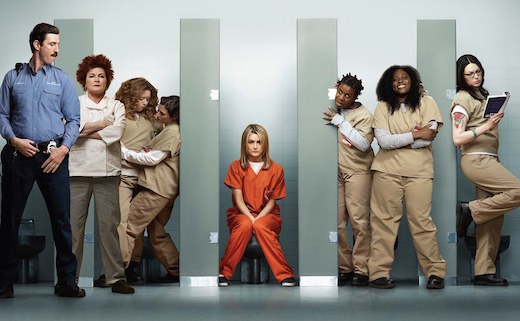
So cheers, ladies. Drink up.
Hannah Pingleton is the resident LGBTQ Writer for Girls in Capes. You can find her on Twitter@hannahpings.
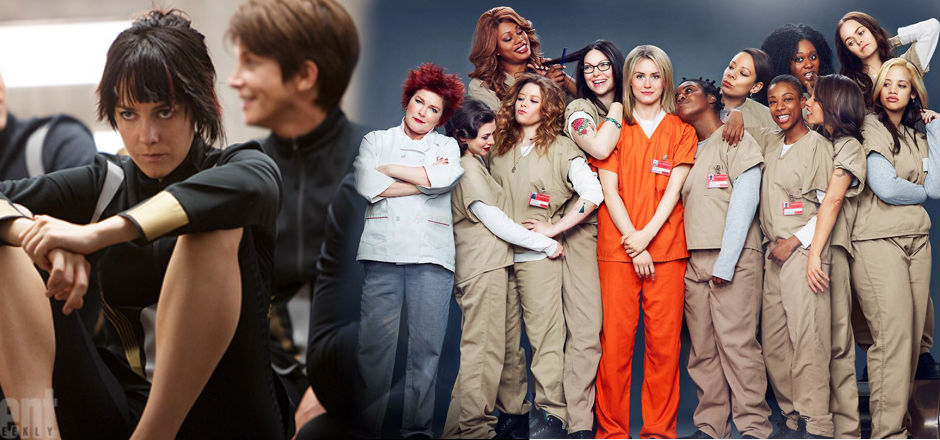

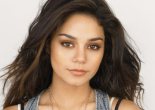

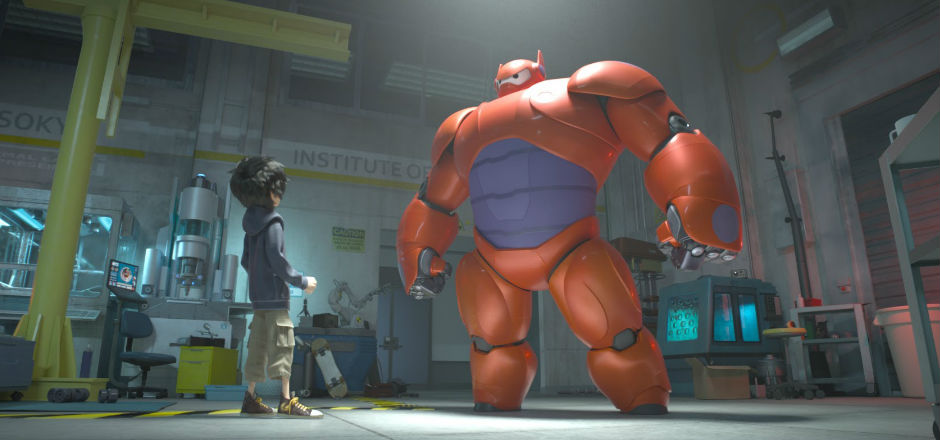
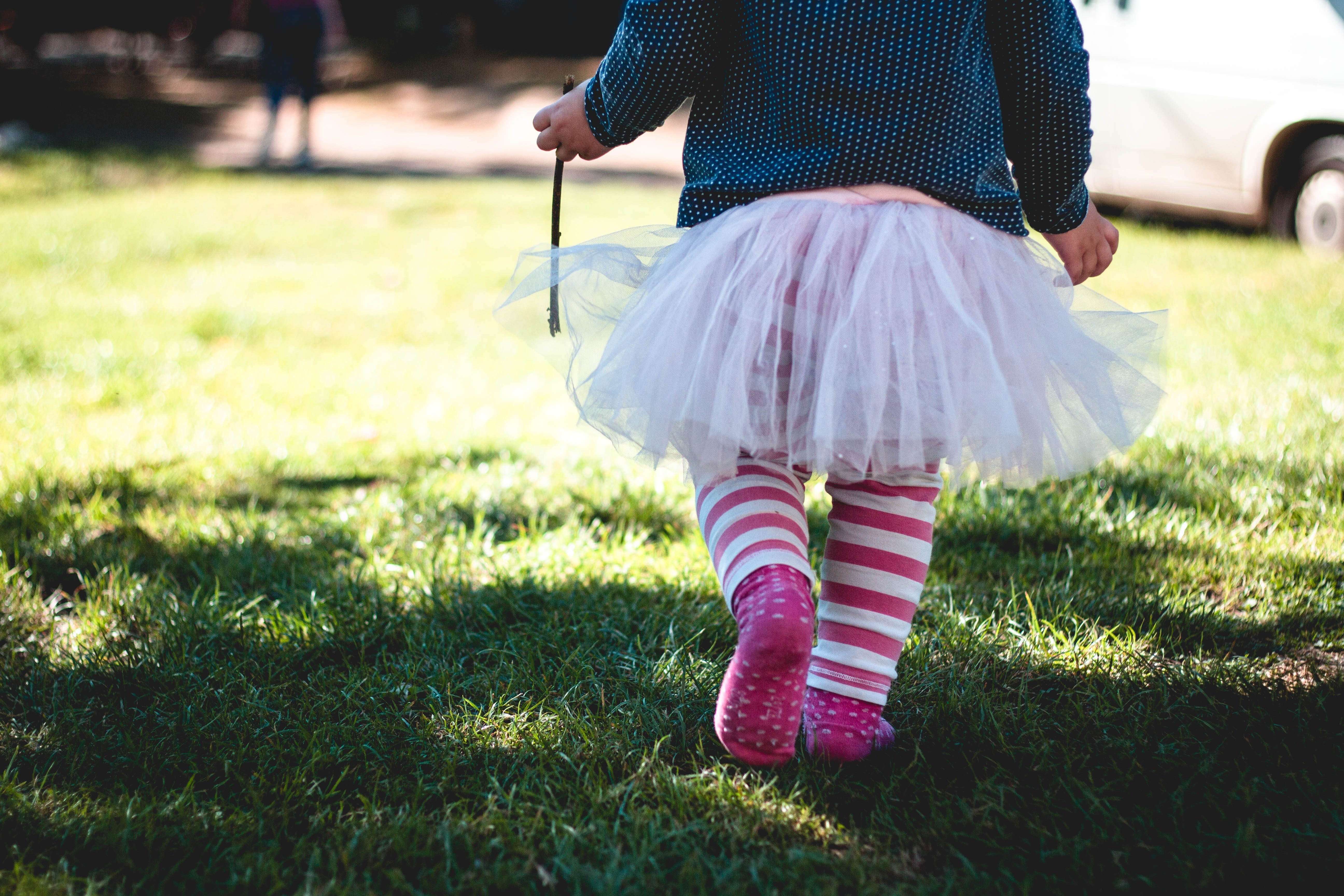

Great list!! Thank you for covering all types of media and all types of women. Great representation in all senses as well!
Thank you so much! I’m really glad to hear that – it means a lot to me :) There are so many incredible women and I wanted to recognize as many as possible!